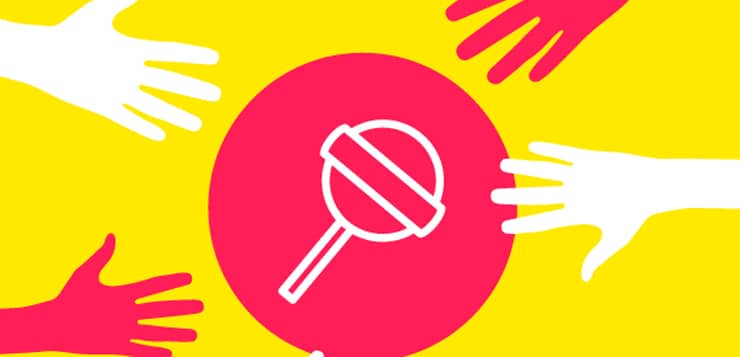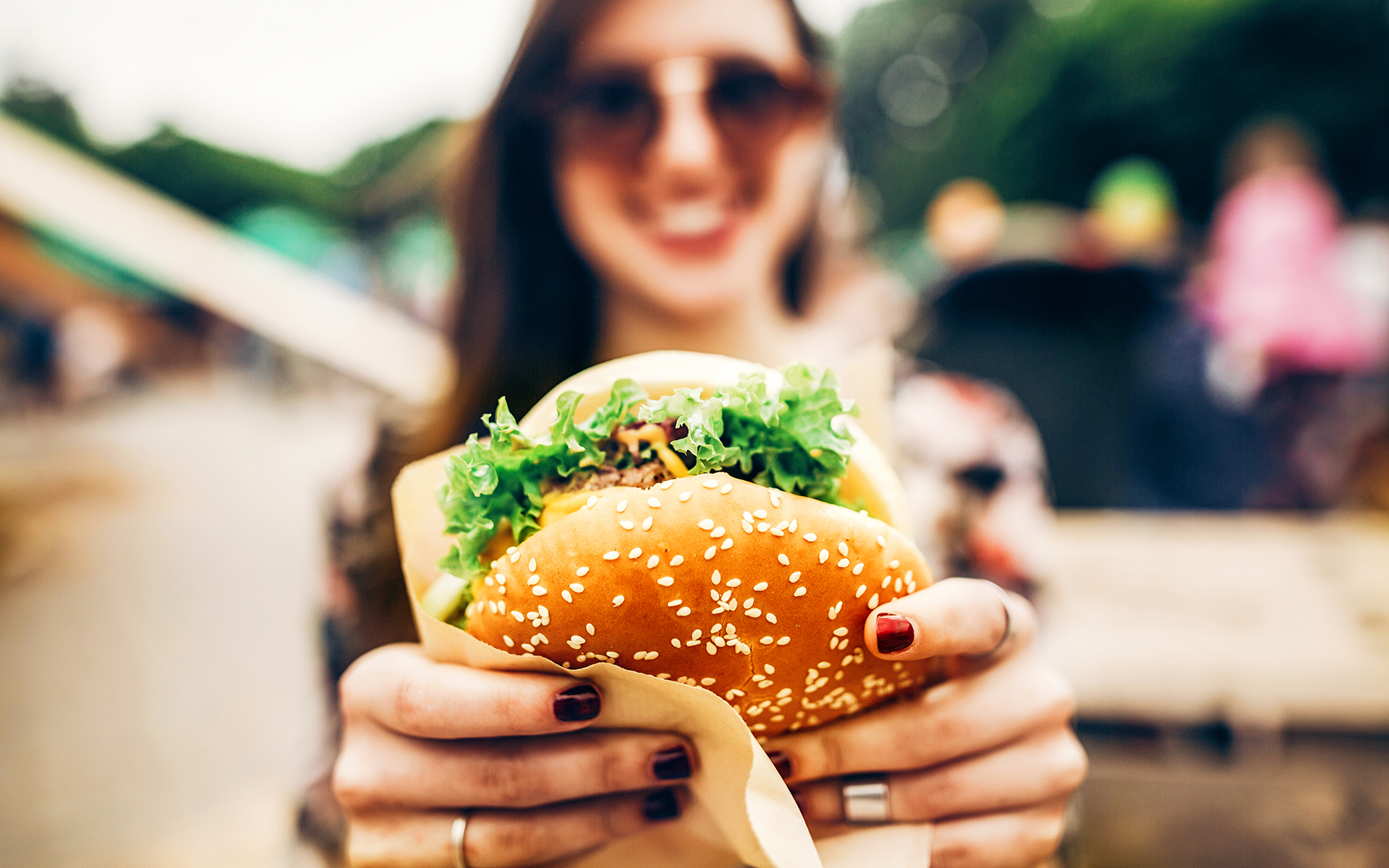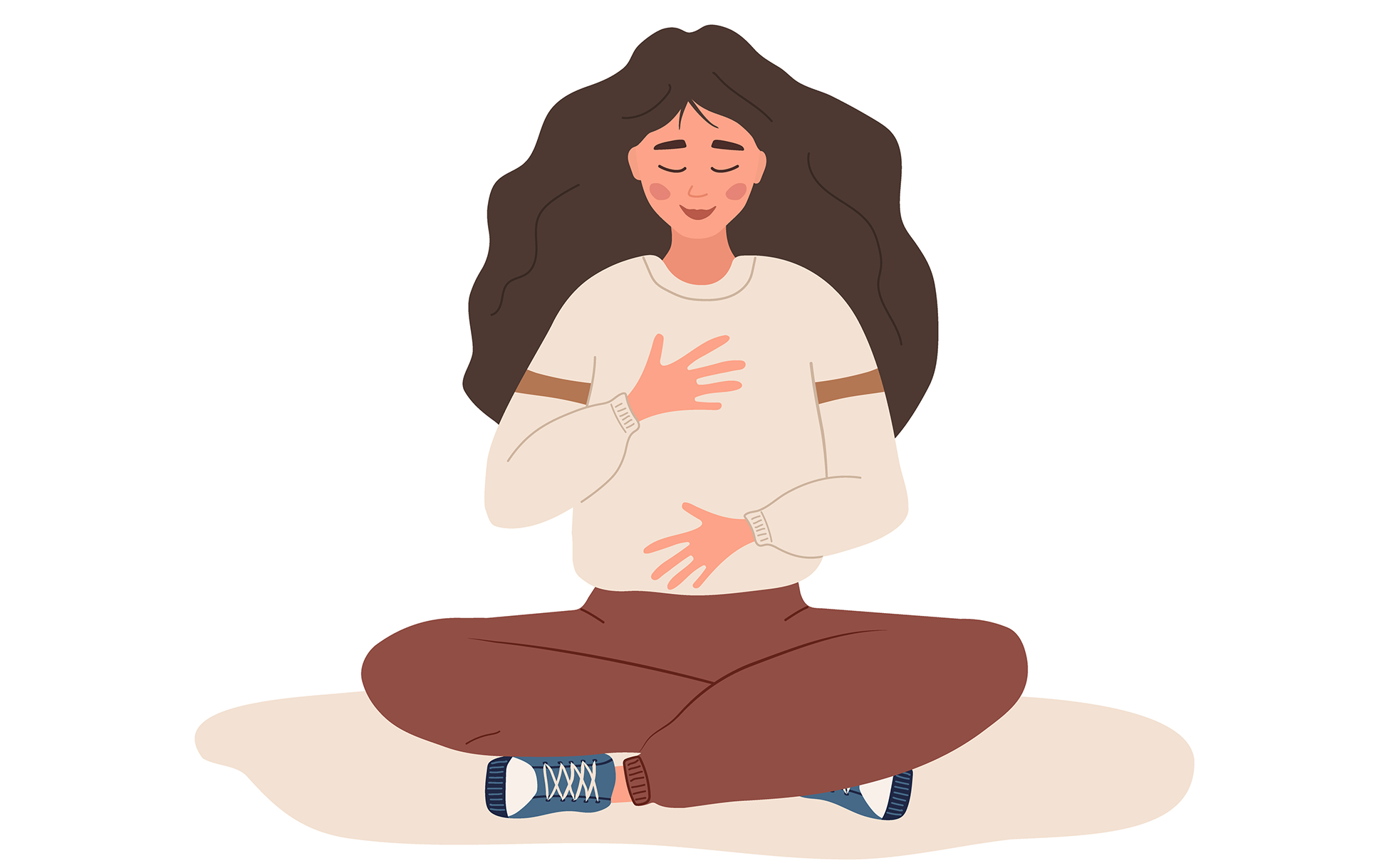A common expression of shame is eating certain foods secretly and fast when nobody is around. This habit may continue for many years, not because we like the experience of eating in this way (few do), but because it lets us fool ourselves into believing that we have not eaten anything “forbidden.” Often, these eating habits become a conditioned pattern, with underlying feelings of shame—and the anxiety of being discovered—present all the time.
Often, these eating habits become a conditioned pattern, with underlying feelings of shame—and the anxiety of being discovered—present all the time.
The first thing that we can acknowledge is that this hidden secret of “not being or doing enough” is extremely energy consuming. Becoming aware of the ways that shame plays out in our own experience is the first step toward learning to treat ourselves more gently.
What types of awareness are helpful?
- Becoming aware of repetitive thoughts that go through the mind when life becomes difficult. Often, they are lingering self-doubts, such as “I’m unlovable,” “I’m helpless,” “I’m inadequate,” “I’m a failure.” “I’m basically alone,” or “I don’t belong.”
- Learning to identify the different manifestations of shame. Sometimes shame shows itself as “the inner critic” (or self-blamer) or “the pusher” (for whom nothing is ever enough).
- Being mindful of shame in the body. Downcast eyes, lowered head, and unstable posture are all natural expressions of shame. Other physical sensations that occur with shame include warmth, or heat and blushing.
How can we work with shame and build more shame resilience?
The first step is to keep shame from growing. Secrecy (taboos), silence, and judgment are three fuels that help shame to grow exponentially. Breaking the silence and challenging taboo thoughts about eating are essential parts of the healing process.
The second step is to focus on our common humanity. Human beings are born with the wish to be loved, and we need each other to survive. Therefore, we all seek approval and feel social shame when we perceive that we do not fit in. When you understand that we are all struggling with the same feelings and fears, you can connect with our common humanity.
Breaking the silence and challenging taboo thoughts about eating are essential parts of the healing process.
The third step is allowing the discomfort to be present. It takes courage to expose your hidden stories to the light because it is much easier to hide in the dark. Mindfulness addresses each moment-to-moment experience with curiosity and openness, no matter if there are negative core beliefs or shameful experiences.
Additionally, bringing compassion and kindness to the situation can ease the suffering that results after self-criticism. Consciously breathing or softening into the tensed areas can increase your tolerance for these painful situations.
Finally, you can offer yourself words of care and kindness for being in a difficult situation. Talk to yourself as you would talk to someone you love, such as your child or partner. What would a very compassionate friend say to you in this situation? Compassionate and soothing gestures can support you in finding inner warmth as an antidote for the harsh and cold words of shame.
read more
6 Ways to Practice Mindful Eating
Here are a few simple guidelines to keep in mind to discern between mindless and (more) mindful eating.
Read More
The Science of Wanting: How We Unhook from Dopamine
Dopamine is a neurotransmitter in the brain that helps motivate us to fulfill our basic needs, but in our modern age of plenty, it can also lead to overindulgence and addiction. So how can we find balance and contentment in an age of instant gratification?
Read More
Try the HALT Practice to Tune In to What Your Body Needs
Sometimes we need to drop into our body to discern what we need in this moment. The four questions in this practice allow us to self-regulate by attending to what our difficult emotions or physical sensations may be telling us.
Read More









